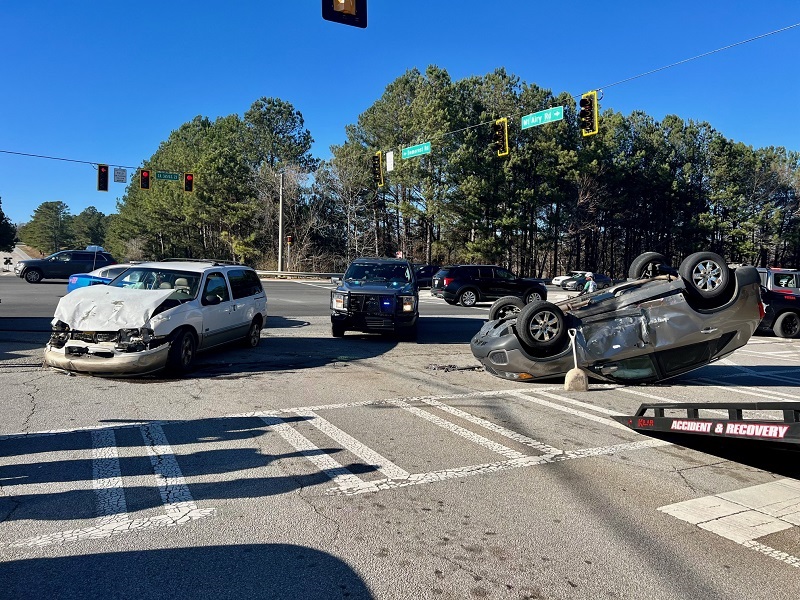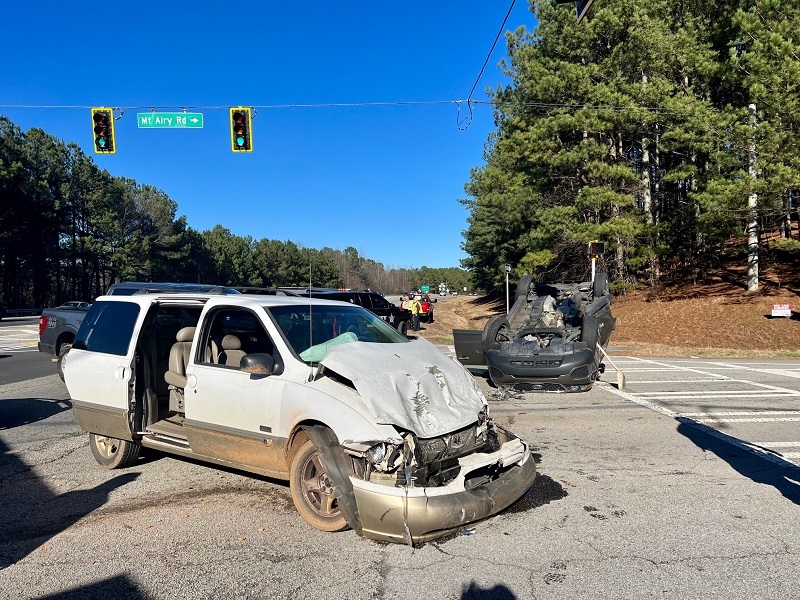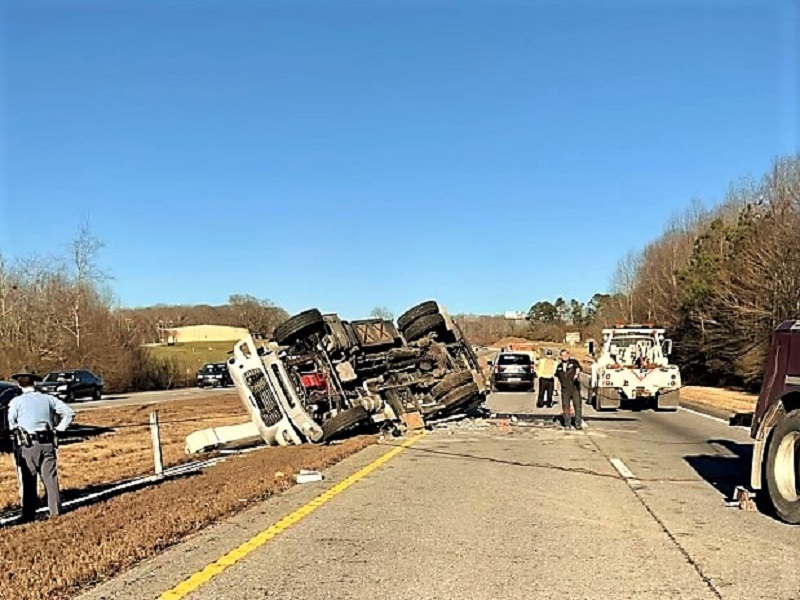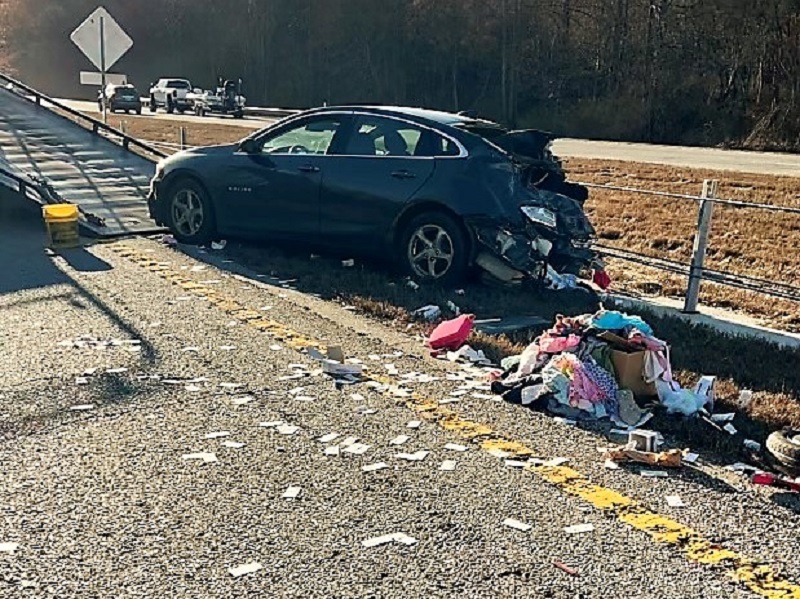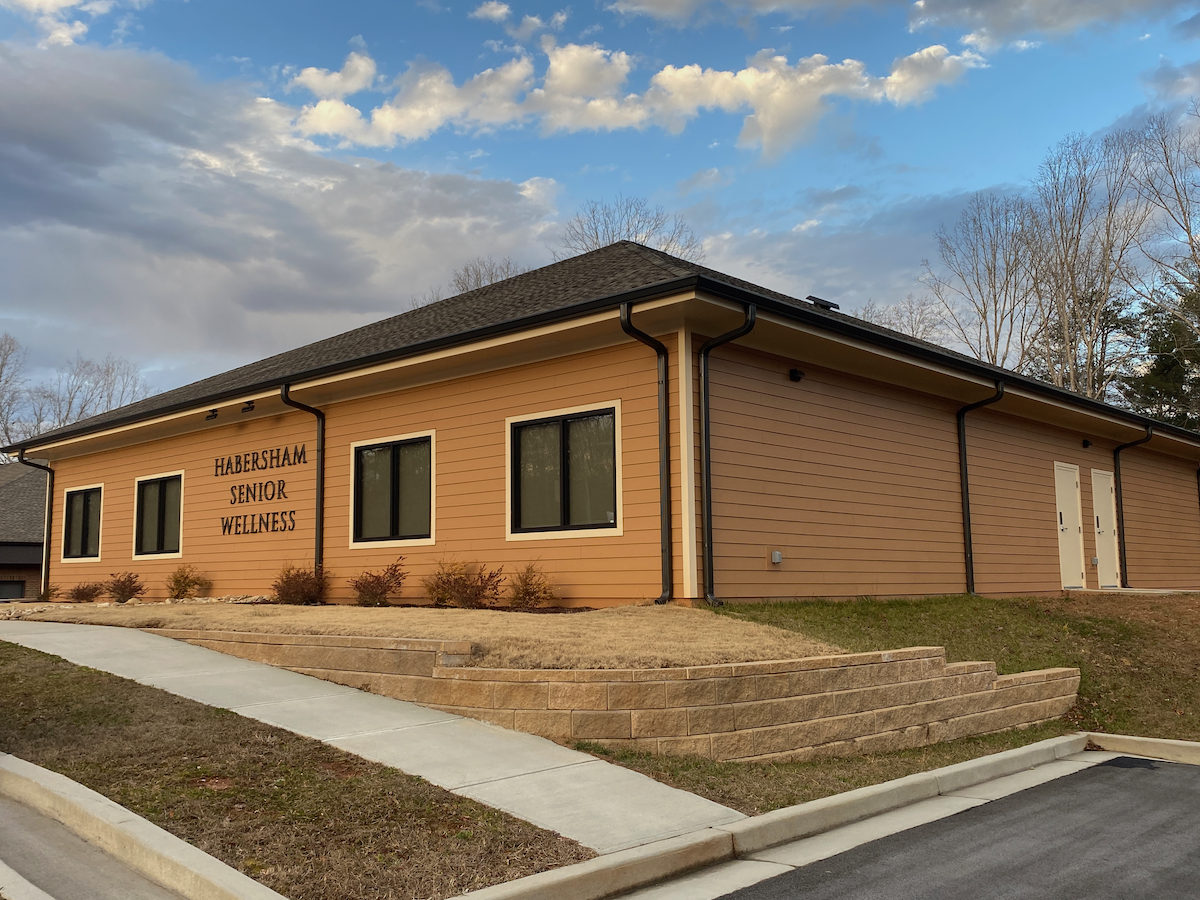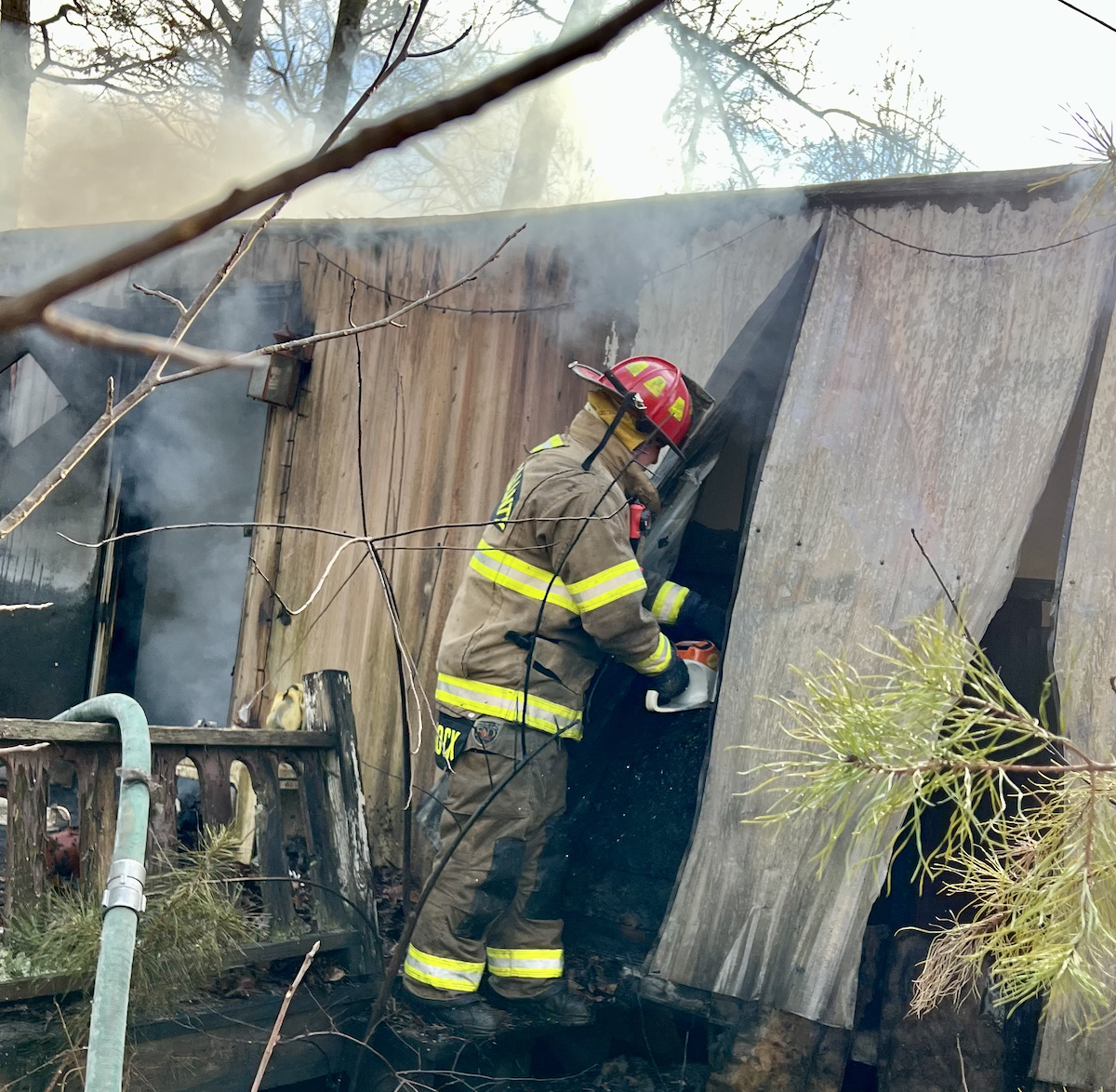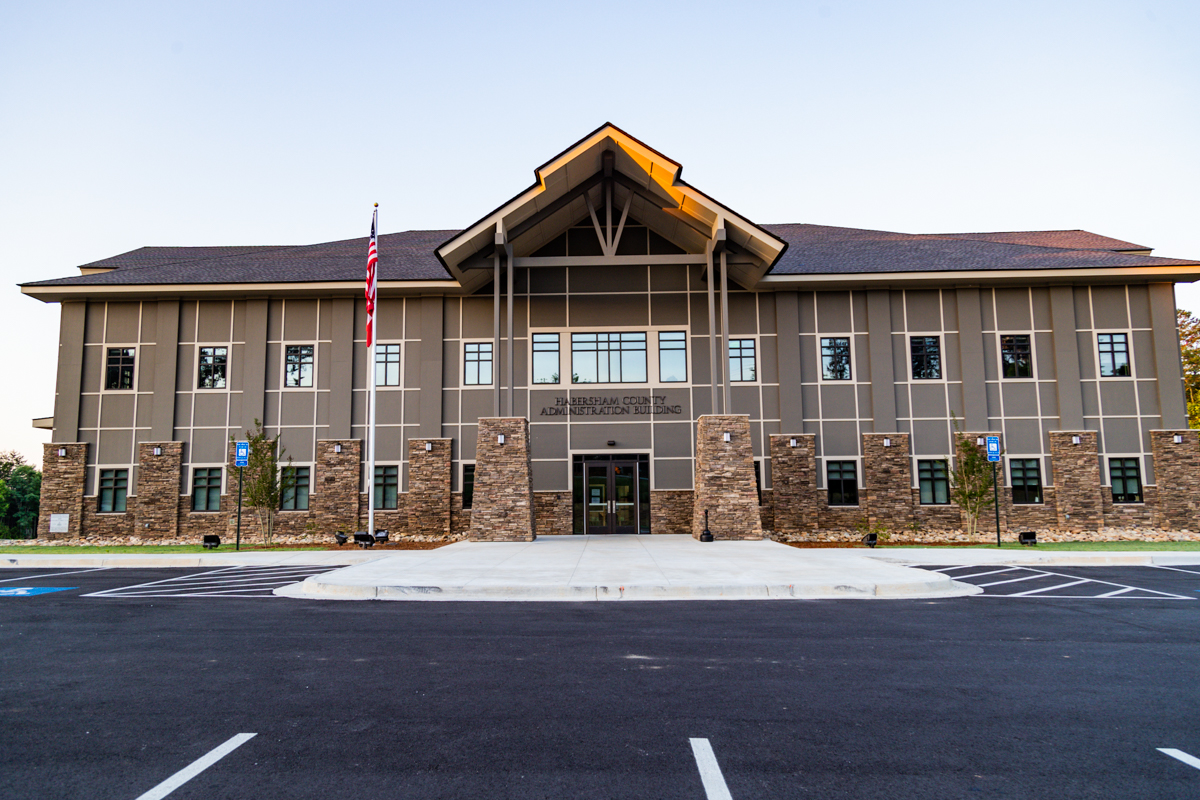(GA Recorder) — Donald Lloyd, CEO and president of St. Claire HealthCare in Morehead, Kentucky, has spent more than a year dealing with higher costs for food and medical supplies for his regional hospital. Now he’s trying to prepare for another financial hit — the loss of Medicaid reimbursements for treating people in rural Appalachia.
“We are all being forced to try to eke out a sustainable margin because of those [inflation] factors,” he said. “And then with the potential loss of reimbursement for those who did qualify, that’s just going to add an additional layer of burden upon rural institutions.”
Lloyd is referring to the unwinding of a policy that began in 2020 as a response to the public health emergency created by COVID-19. The Families First Coronavirus Response Act required states to allow Medicaid recipients to stay enrolled even if their eligibility changed. But that requirement ends on April 1, and with states once again able to remove people from the program, healthcare officials across the country are worried about how the loss of those Medicaid reimbursements will affect the financial health of their hospitals.
The loss of the federal revenue is expected to be particularly hard on rural hospitals that operate in areas with higher poverty rates and serve an older population and people with lower incomes — all factors that contribute to the financial pressure on hospitals, healthcare officials said. Rural hospitals were already closing at a rapid rate before the pandemic — more than 150 closed between 2005 and 2019, according to the Center for Healthcare Quality and Payment Reform. Without the federal money to prop them up, the Center estimates that 200 rural hospitals across the country are at risk of closing within the next two to three years.
A report released in January from George Washington University found that up to 2.5 million patients of community health centers, which treat both underserved rural and urban communities, could lose coverage as a result of eligibility redeterminations, costing the health centers somewhere from $1.5 billion to $2.5 billion in revenue. The Kaiser Family Foundation estimates that between 5 million and 14 million people will lose their coverage and that two-thirds could be uninsured for several months up to a year.
Carrie Cochran-McClain, chief policy officer at the National Rural Health Association, a nonprofit focused on education and advocacy on rural health issues, said the financial impact will be twofold.
“It’s the loss of reimbursement for services, but then also a potential increase in the number of patients that are going to be uninsured who delayed care because they lose their coverage and they’re coming in when they have a more severe situation,” she said.
Simple mistakes in paperwork could result in many people losing Medicaid even though they’re still eligible for it, said Leighton Ku, professor and director of the center for health policy research at the Milken Institute School of Public Health at George Washington University. Ku said states can help by making the renewal process easier and pointed out that people who can’t get Medicaid can find insurance at subsidized rates through the Affordable Care Act markets and benefit from expanded premium subsidies through 2025 because of the Inflation Reduction Act. Still, there will be problems, he said.
“We still expect there’s going to be some increase in the number of uninsured people in the U.S. over the next year, no matter how hard we try, so hospitals and community health centers are going to have some rough times ahead,” Ku said.
Toni Lawson, vice president of governmental relations at the Idaho Hospital Association, said that the state department of health and welfare is sending out letters to tens of thousands of people alerting them to the change and their options. Still, she’s concerned about the effect of so many people losing coverage. Idaho has estimated that 150,000 people could be vulnerable to losing Medicaid, according to Idaho Capital Sun.
“We see a large percentage of our rural hospitals with a negative operating margin right now,” Lawson said. “We need to be particularly careful in making policy decisions that impact them negatively that maybe five years ago it would have been like, okay, this is a hit to your reimbursement, but you’ll survive. That same decision today could affect whether they stay open or close, she said.
Lloyd said he expects less than 3,000 people would lose coverage in the communities that St. Claire serves, which could cost the hospital about $5 million in Medicaid revenue.
The hospital is preparing for the decrease by slowing down its capital investments even though it needs to replace operating room tables and to repair and do maintenance on a wing built in the 1960s, he said. St. Claire is also looking at “reprioritizing a number of strategic growth projects,” Lloyd added, such as accommodating robotic surgery.
Family Health Centers in Louisville plans to cut back on the low-cost or free medical, dental, behavioral health and pharmacy services it has been offering to uninsured patients because of the expected revenue dip, according to the Louisville Courier-Journal. Hospitals also have announced other budget cuts, including layoffs, citing the end of pandemic payments.
Help from Medicaid expansion
The COVID-19 pandemic both helped and hurt rural hospitals.
“In rural communities, the majority of their revenue comes from outpatient-like business and it comes from doing outpatient surgeries and imaging and visits,” said Steve Lawler, president and CEO of the North Carolina Healthcare Association. “When you shut those things down to protect your hospital assets to take care of COVID patients, it has a significant financial impact and that has carried on through the current economic conditions where the cost of goods and services and talent for hospitals is up 30% but revenue is only up 2%.”
During the pandemic, billions in federal money from the Paycheck Protection Program, Provider Relief Funds and the American Rescue Plan Act helped keep rural hospitals afloat even as they dealt with revenue losses and higher costs for everything from protective gear to salaries.
“COVID sort of interrupted the long-term trend of unprofitability and closure of rural hospitals,” said George Pink, deputy director of the NC Rural Health Research Program at the University of North Carolina. “But that funding is now over.”
Healthcare experts say policy changes, including more states expanding access to Medicaid, are needed to keep rural hospitals viable.
Eleven states, including Alabama, Georgia, Florida, Kansas, Tennessee and Wisconsin, still haven’t expanded Medicaid coverage through the Affordable Care Act, and rural hospitals in those states are at a particular disadvantage, health care officials said. Researchers have agreed. A January 2018 research article found that Medicaid expansion was associated with better financial performance for hospitals and lower likelihood of closure. This was particularly true for rural markets and counties that had many uninsured adults before states adopted expansion.
In North Carolina, where the legislature is currently considering a bill to expand Medicaid, 11 hospitals have closed since 2006, and ECU Health, which provides medical care to 29 counties, is shutting down five clinics in the coming weeks, mostly due to financial pressure, the Greenville Daily Reflector reported in January.
Brian Floyd, ECU Health chief operating officer and president of ECU Health Medical Center, told States Newsroom, “We’ve reached the point of operating loss that we are then at a place where we have to decide what’s the best way to ration out our resources and had to make some tough decisions about whether or not we close some clinics. … This is the story when you don’t have expansion of Medicaid. This is what happens. Poor rural communities start to lose access to their health care.”
Lawler added that Medicaid expansion in North Carolina would help people manage chronic health issues instead of waiting for their health to reach a crisis point that requires hospitalization and expensive care. His organization supports House Bill 76, the bill to expand Medicaid that passed the state House on Thursday. If negotiations with the state Senate result in passage, Gov. Roy Cooper is expected to sign the measure, benefiting 600,000 North Carolinians.
Lawler said that there may finally be enough political will for the state to join the rest of the nation in expanding Medicaid.
“It makes so much sense if we’re going to make the state healthier and help address the behavioral health crisis and the substance abuse crisis in North Carolina,” he said “It creates new jobs, so it grows economies. It’s going to help rural communities stabilize their hospitals and health care safety net.”
Lloyd, the St. Claire HealthCare CEO, said that there’s no doubt that Medicaid expansion makes a difference for hospitals. Before coming to St. Claire, he was president and CEO at CHRISTUS Health Southwest Louisiana. Louisiana expanded Medicaid in 2016 and Kentucky in 2014.
“There was greater access to care and a greater sustainability to the hospitals post-expansion, both in Louisiana and here in Kentucky. We’ve just been very fortunate in the commonwealth that we’ve had a Medicaid expansion longer than some of the other states that were kind of slow to expand,” he said. “… It’s just a matter of economics and even though in some states the gap between the actual cost of care and the Medicaid reimbursement is very significant, at least it does offset some of the expense of operations.”
Will a new hospital designation help?
A new payment model that became effective in January could offer support to some rural healthcare facilities but healthcare officials caution that it is not the answer for all rural hospitals.
Under the change, hospitals that agree to a new rural emergency hospital designation would receive more Medicare reimbursements and a monthly facility payment. The hospitals would have emergency rooms, clinics, and outpatient care, but patients couldn’t stay for more than 24 hours. The hospitals also can’t have more than 50 beds and must meet other eligibility requirements.
Kansas, Michigan, Nebraska, and South Dakota have already enacted laws establishing licensing rules for Rural Emergency Hospitals.
“In [rural hospitals] in areas with a large number of residents who are 65 plus and qualify for Medicare, this model would help those hospitals and perhaps help offset any losses due the formerly Medicaid patients becoming uninsured,” said Richard Lindrooth, professor in the department of health systems, management, and policy at the Colorado School of Public Health at the University of Colorado.
Pink, with the NC Rural Health Research Program, said the new model isn’t a “panacea for rural health.”
“It really is directed at small rural hospitals that are at imminent risk of closure. It’s not designed to be a replacement for a rural hospital that’s breaking even or getting by in their community. … We’re not going to see 1,000 rural emergency hospitals in the country anytime soon. It’s a much smaller number of hospitals that this might be of interest to,” he said.
Floyd said ECU Health is studying whether this designation would be a good fit in some cases.
“There are trade-offs in that there is a higher payment plan per patient but you have to meet the conditions of 24 hours a day. We have to look at the market and say if it were only 24 hours, what does that do to that community? Do we have access elsewhere … for them to be?” he said.
Lloyd said it’s possible that a hospital in the area of Kentucky that St. Claire HealthCare serves could convert to the new designation, which would have implications for his healthcare system.
“Obviously, we would handle the inpatient admissions for those institutions and so it would increase our capacity, but we’re prepared to do so if necessary.


